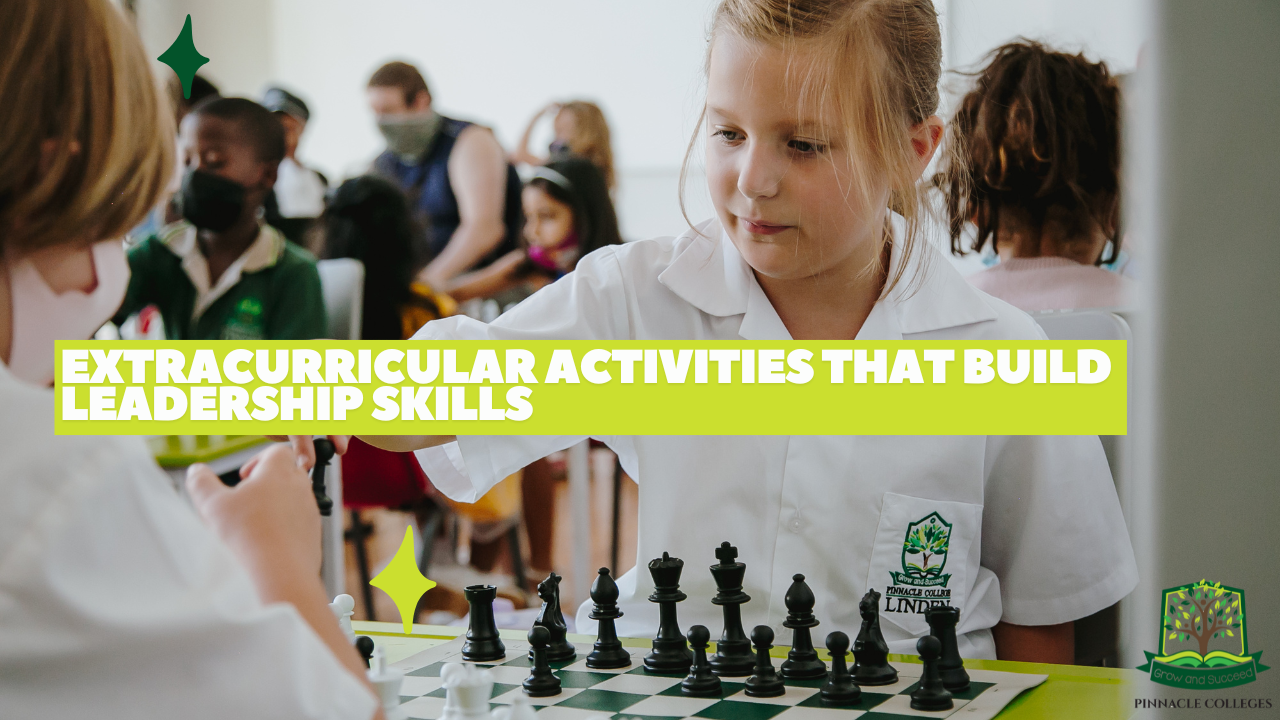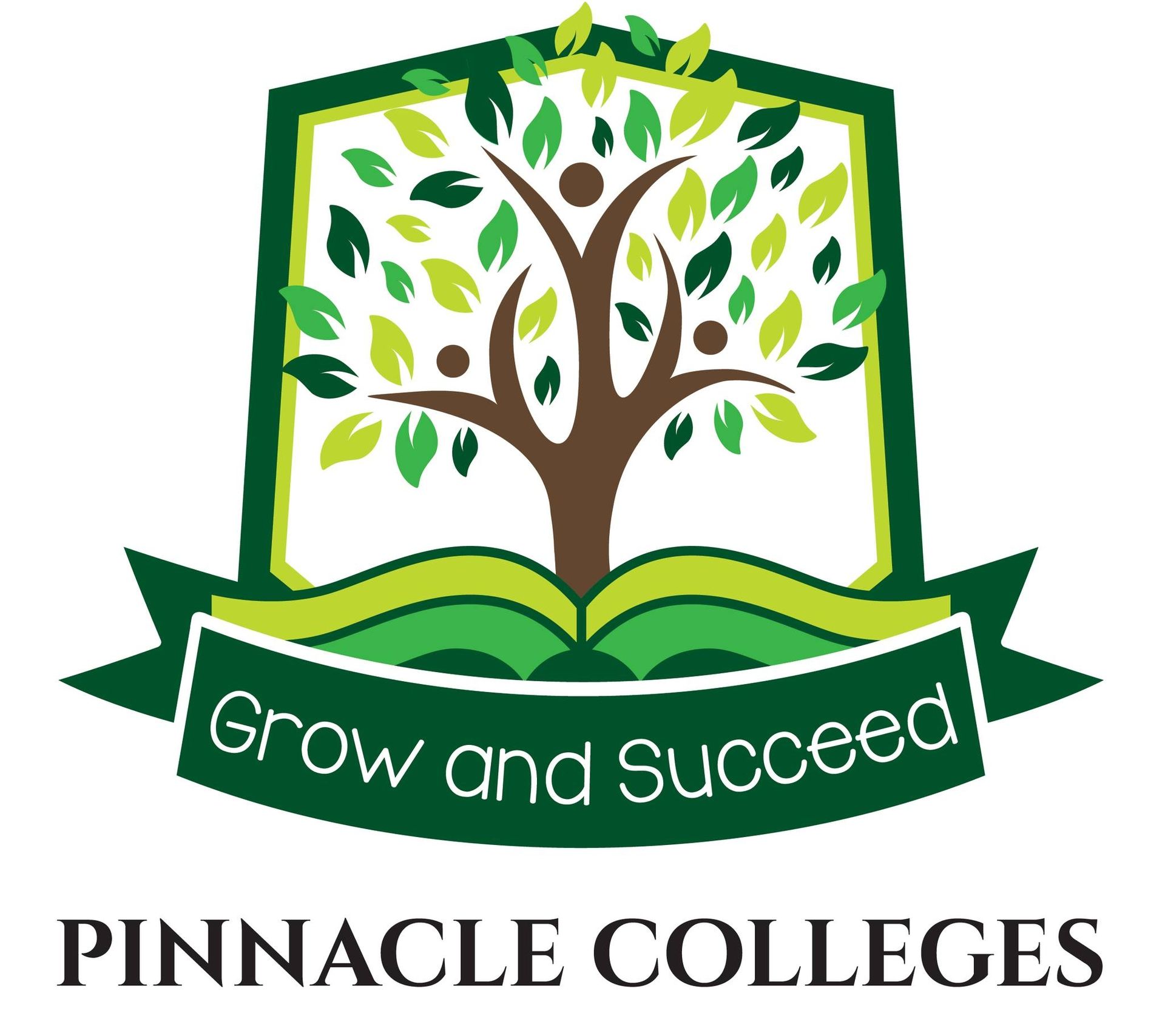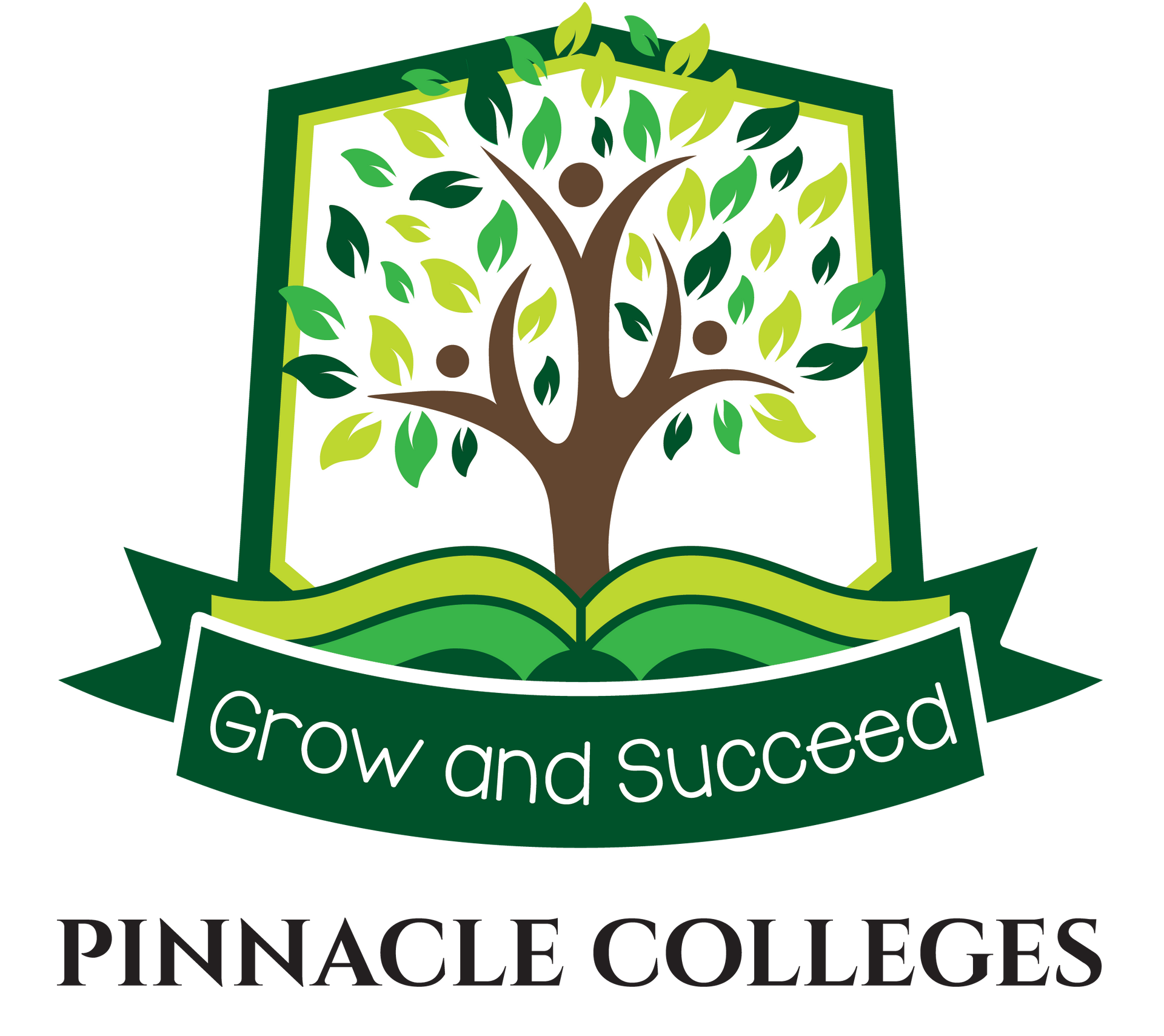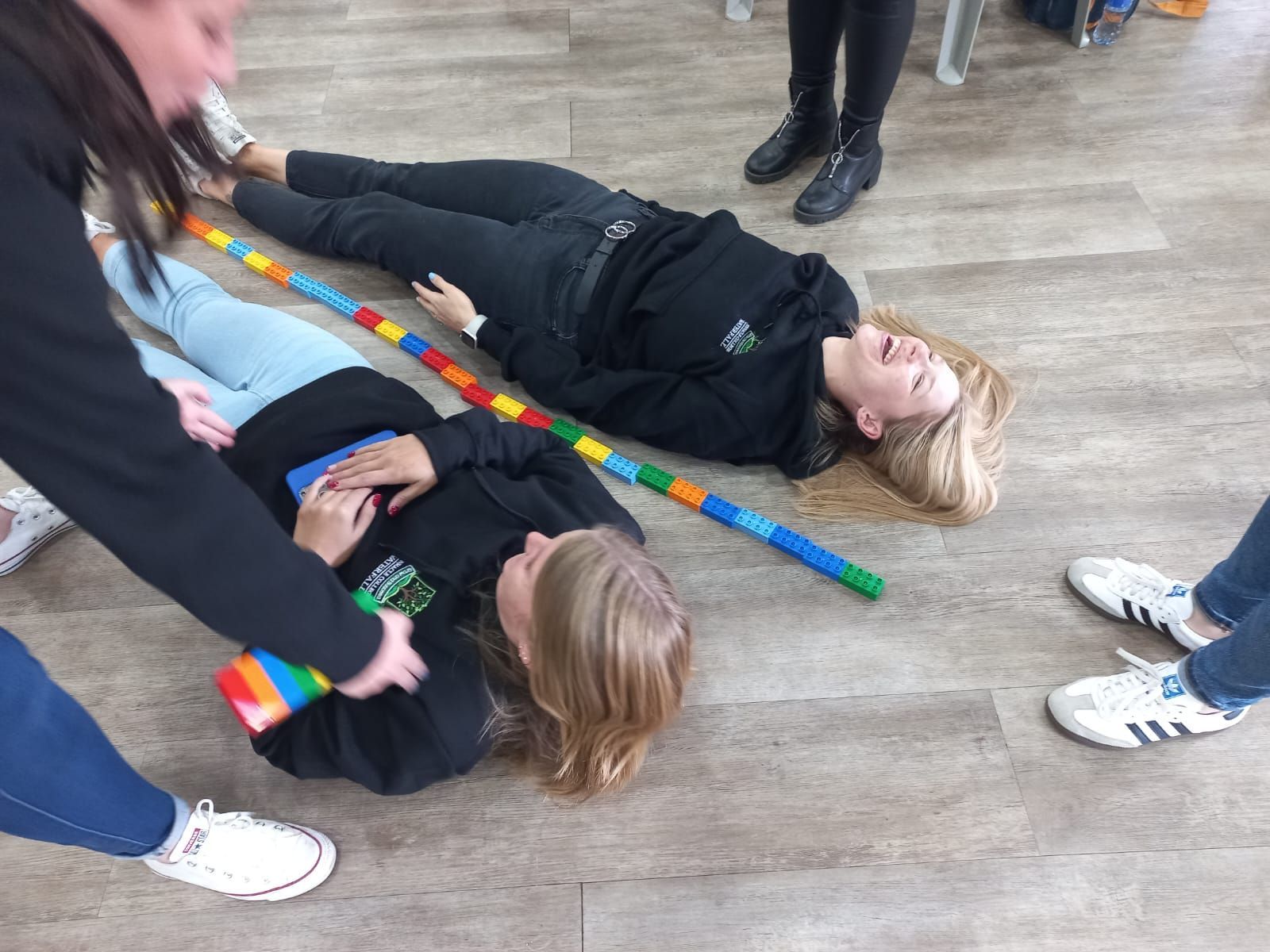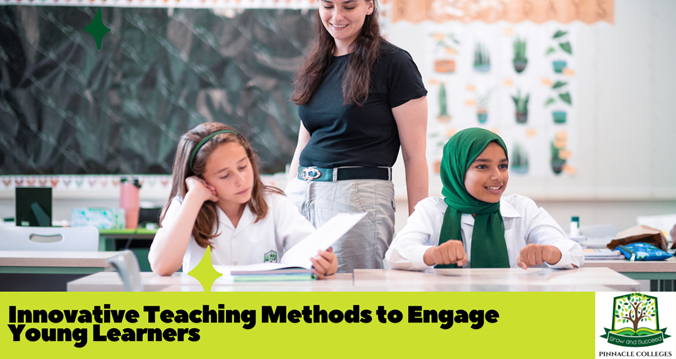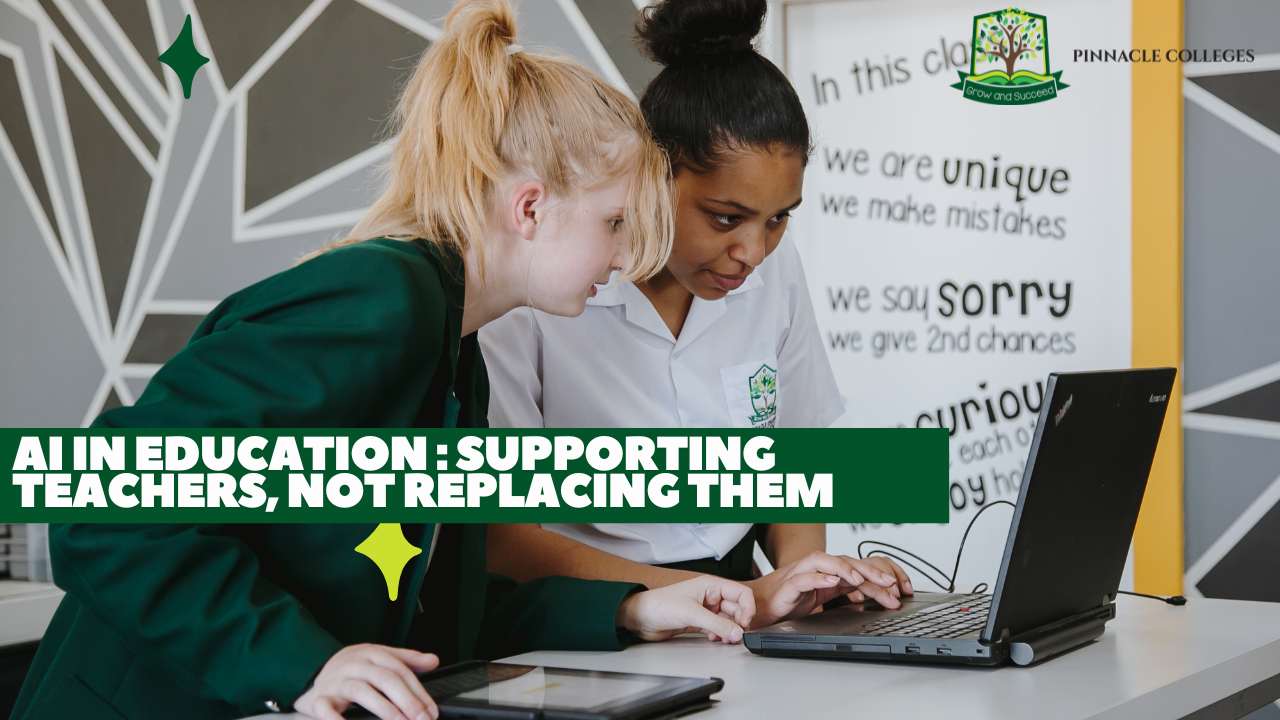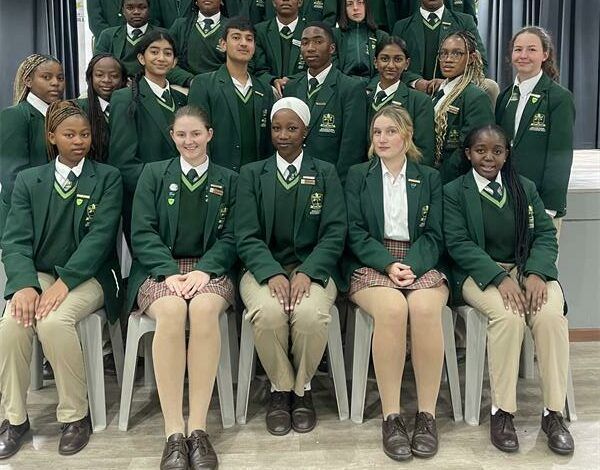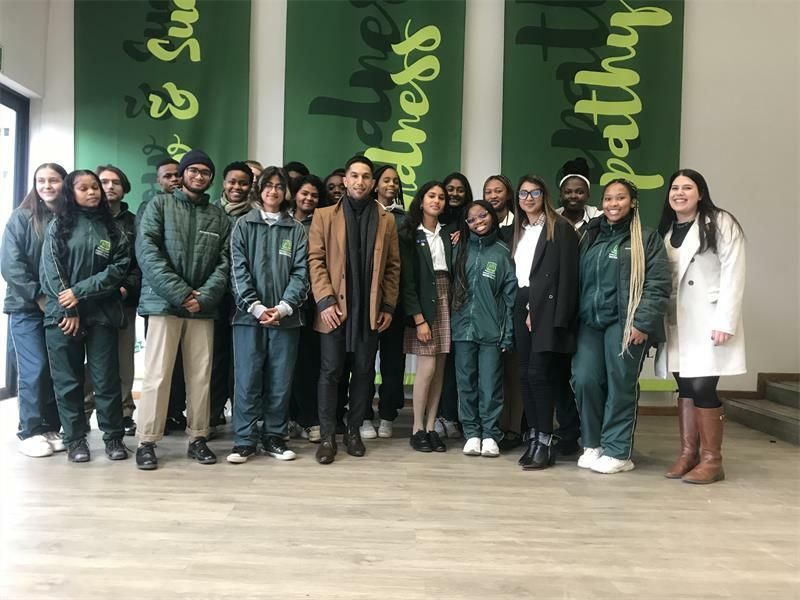HIGH SCHOOL OPEN DAY CHECKLIST: HOW PARENTS CAN GET THE INFORMATION THEY NEED
Time is running out for parents and guardians of senior primary school students to find and enrol at a high school that will best prepare and position the child for a successful future. It can be very confusing to make a call on which school is best suited for this most important task, as there are countless variables at play. However, if parents are prepared with a checklist of questions they need to ask (as well as examples of good responses), this task can be made a little easier – particularly when attending a school’s open day, an education expert says.
“Good schools will host open days throughout the year, allowing parents and prospective students the opportunity to view and get a feel of a campus, ask questions, and decide whether a particular school is the right fit for them,” says Desiree Hugo, Academic Head: Schools Division at ADvTECH, Africa’s leading private education provider.
“These open days are geared to provide opportunities for sharing the best aspects of a school, and excitement can quickly let important questions that need to be considered fall off the agenda. Whether prospective parents attend an open day, or just pay a school a regular visit to guide decision making, it is good practice to go with a plan in hand so that one can objectively compare schools on the various key elements required from an excellent institution,” Hugo says.
The first factor – and a non-negotiable one at that – is the question of academic excellence and future-focused curricula, she says.
“There can be no compromising on ensuring that the school you choose for your child will provide the absolute best on the academic front. An easy gauge of a school’s ability to deliver, is to have a look at end-of-year IEB Matric results to evaluate the performance of various schools against each other. Another way to judge this factor, is to look at benchmarking. “
Hugo advises that academically excellent schools will ensure they utilise international benchmarking assessments to confirm that the school remains locally and globally relevant with rigorous academic programmes and that academic data supports and engages all students in a personalised learning journey.
“Also look out for clear visibility of student-centred practices as an important part of the academic model, intended to build confidence in an environment that values every student,” says Hugo.
“Furthermore, parents should enquire whether the voices of the students are considered valuable in their learning journey towards academic excellence and student success, and whether they are they included in academic conversations with their parents about their plans for progress.”
It is also a non-negotiable to enquire about the curriculum. A school must be able to provide evidence that their curriculum choice is implemented with integrity and is future-focused, and geared towards equipping students holistically across a broad range of technologies and global skills. Ask for evidence of what they do, how they do it, and outcomes, Hugo says.
With the above basics satisfactorily answered, parents can move on to broader questions, such as:
FACILITIES & AMENITIES
The question that needs to be answered here, is how the offering supports the overall learning experience of students. Many schools select a focus for their offering, aligned to their fees, and may not offer all the bells and whistles, but rather ensure that the academic model and subsidiary activities are of an excellent standard instead of offering a wide bouquet.
Check that classrooms are neat, well maintained and that they cater to a wide range of interests and offer flexible seating possibilities. For instance, do classrooms have useful educational technology, is Wi-Fi available, are equipped laboratories accessible, if promised, and are spaces for art, design and innovation utilised for future focused learning?
On the sport side, do they cater to a variety of sport codes aligned to their model and offering, well-kept fields and facilities for those particular sporting opportunities on offer? Even if a child is not particularly sporty, well-maintained grounds are a good sign to take into consideration.
STUDENT SUPPORT
If a student requires additional academic support, whether it be emotionally or academically, what support structures does the school have in place, and how are they accessed? What disciplinary processes are in place to address bullying and other issues that may impact on the wellbeing and success of students? Does the school support the values of respect, diversity and inclusion – and is this evident in the classrooms and across the culture of the school?
TEACHERS & CAMPUS STAFF
What is the ratio of teacher to students in classes? And does the school highlight the academic practices to ensure all students are mentored and supported – no matter the class size?
Are all teachers SACE accredited and can the school ensure police clearance is completed on all who work closely on the campus with children? Are the teachers offered professional learning opportunities to ensure curriculum and pedagogy are foregrounded to support student success?
HOLISTIC ACADEMIC AND SKILLS DEVELOPMENT
In addition to regular subjects that can be expected at most schools, which additional subjects may students access? What is the school’s approach to 21st Century Skills, such as communication, collaboration, analytical thinking, creative thinking, digital literacy, and problem-solving? How are these skills embedded in the curriculum and the everyday learning experience of students? Is there evidence of cross curricular teaching and learning, and are the students granted regular opportunities to share their thinking and co-construct their learning collaboratively?
ENDS
ABOUT ADvTECH The ADvTECH Group, a JSE-listed company, is Africa’s leading private education provider and a continental leader in quality education, training, skills development, and placement services. The Group reports its performance in a segmental structure reflecting the Schools and Tertiary as two separate education divisions, and Resourcing as the third division. ADvTECH’s Schools division comprises 9 brands with more than 108 schools across South Africa and the rest of Africa, including Gaborone International School in Botswana, and The Makini Group of Schools and Crawford International in Kenya.
It owns 9 tertiary brands, across 32 campuses across South Africa and the rest of Africa.
ADvTECH’s 8 resourcing brands places thousands of candidates annually, assisting graduates to make the transition from the world of study to the world of work.
